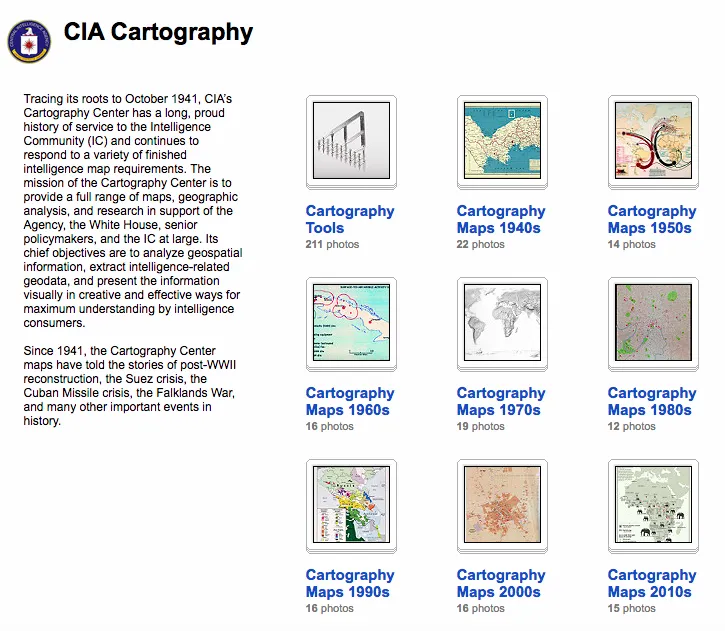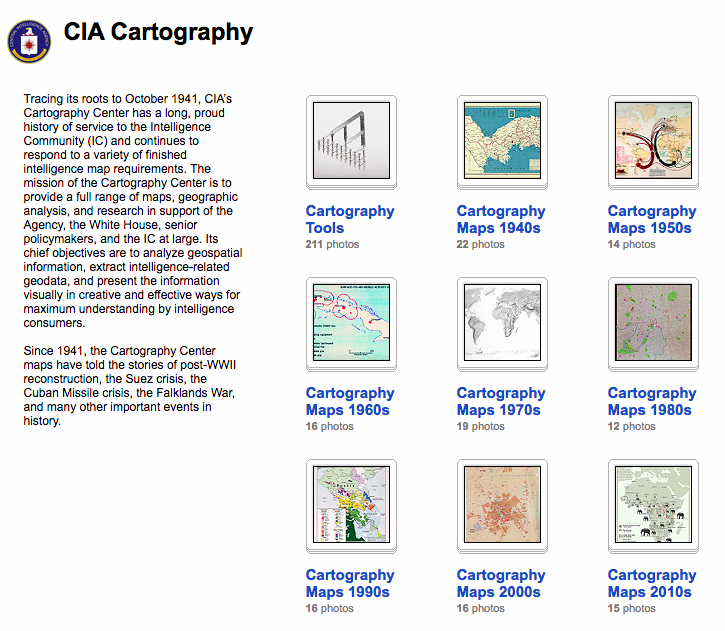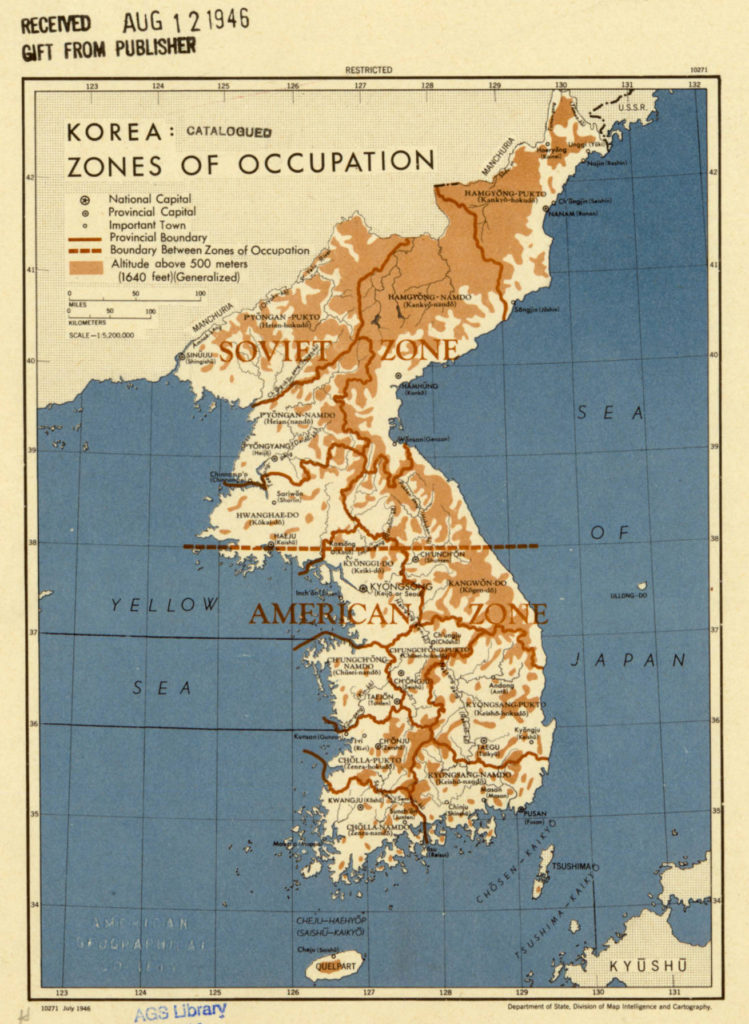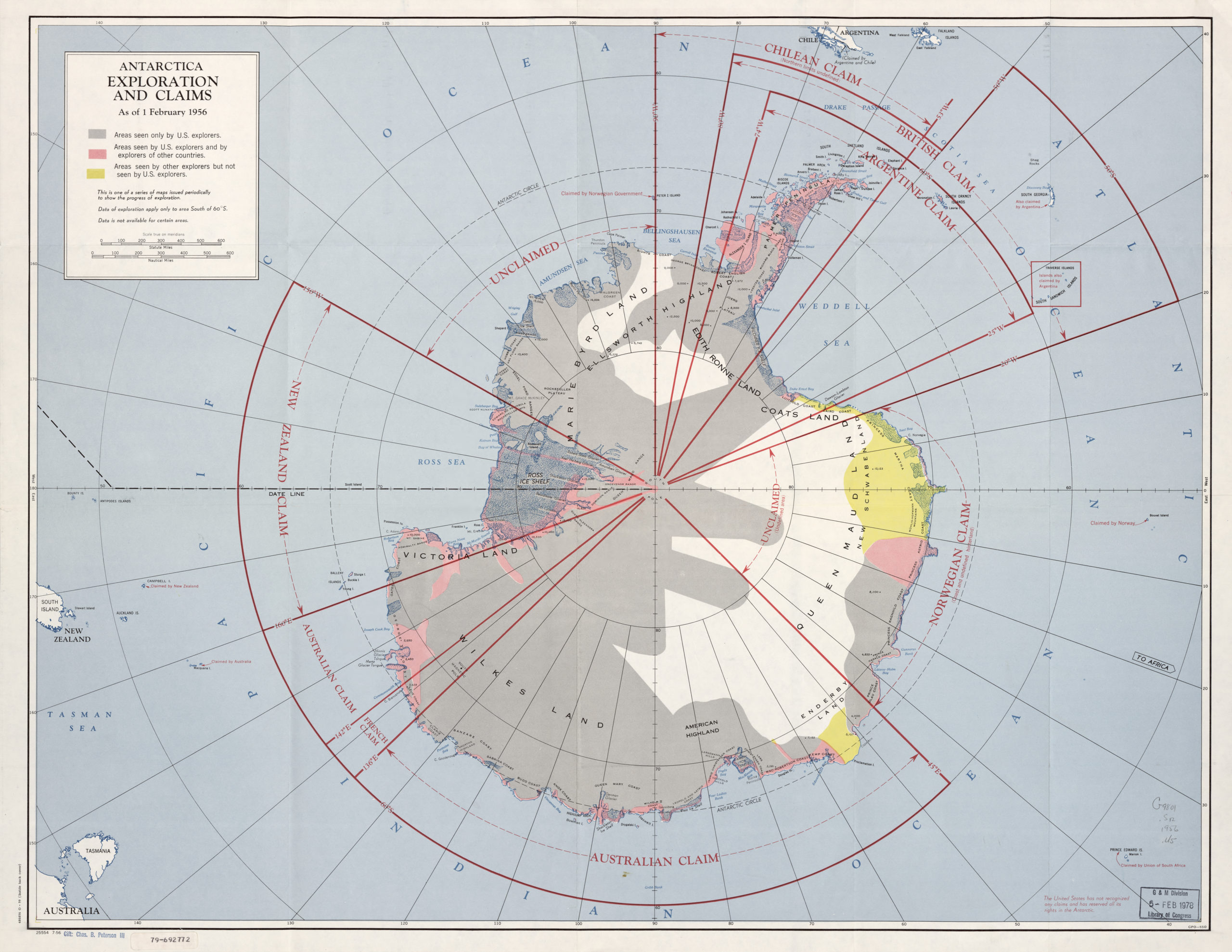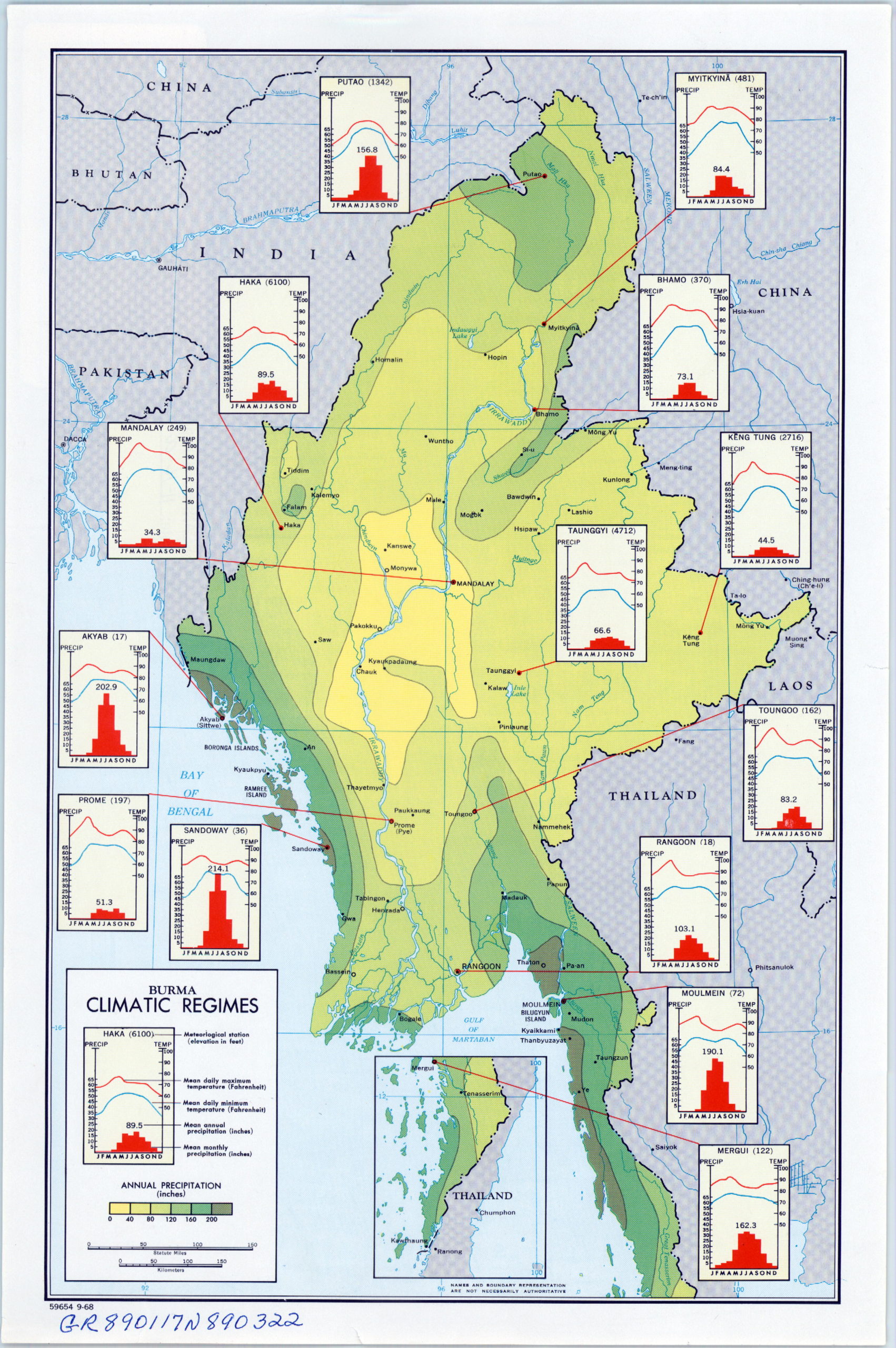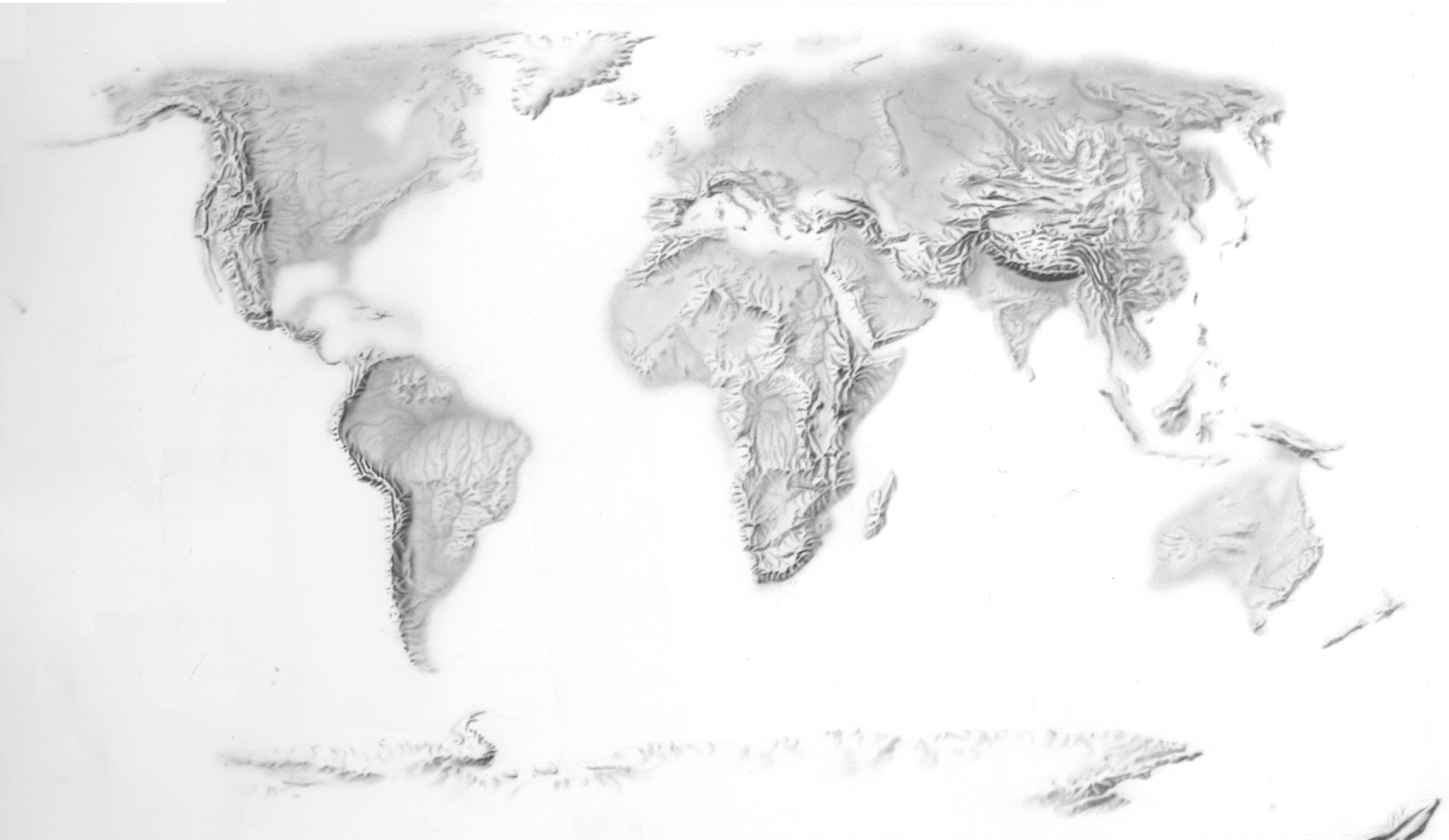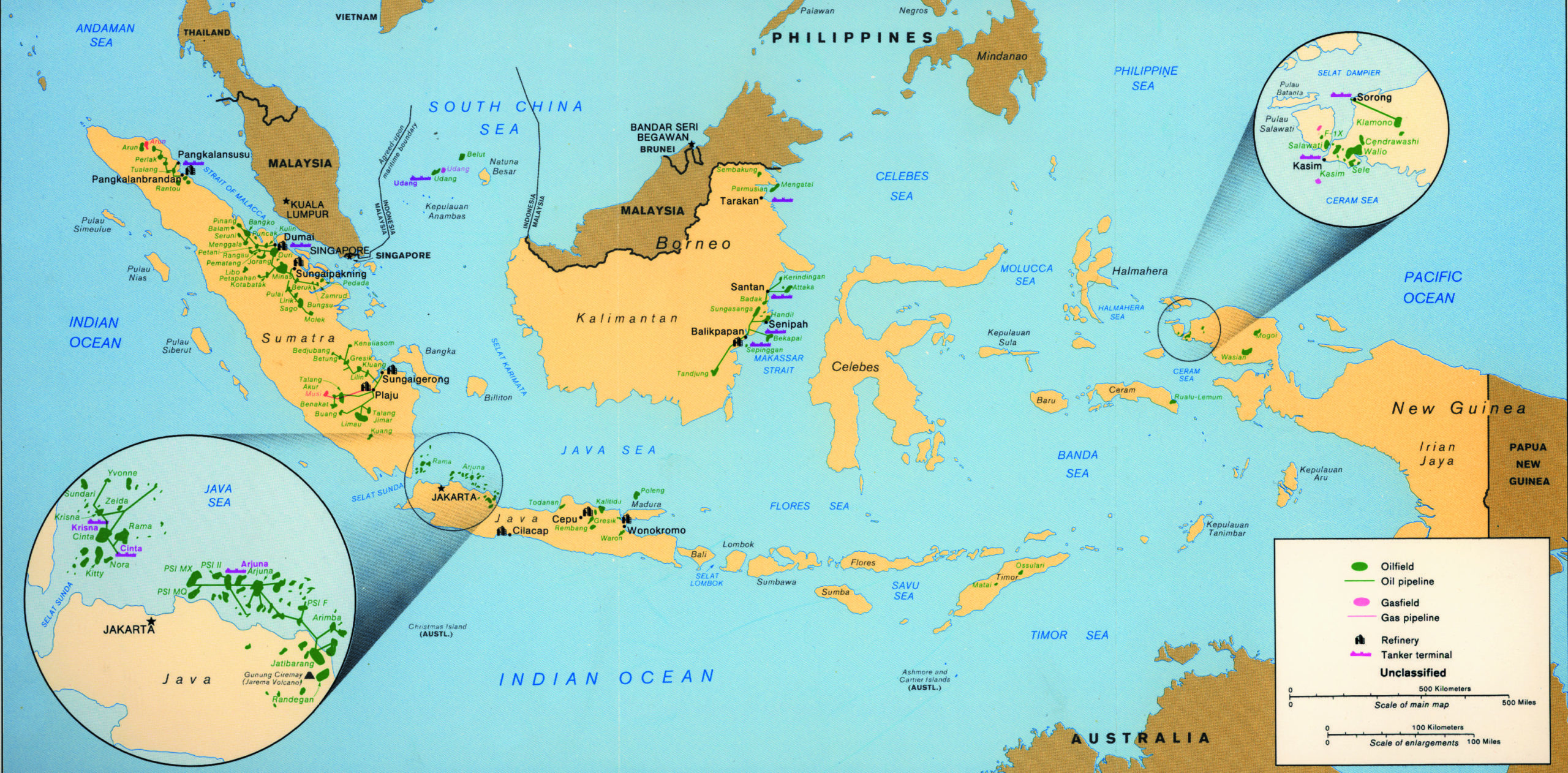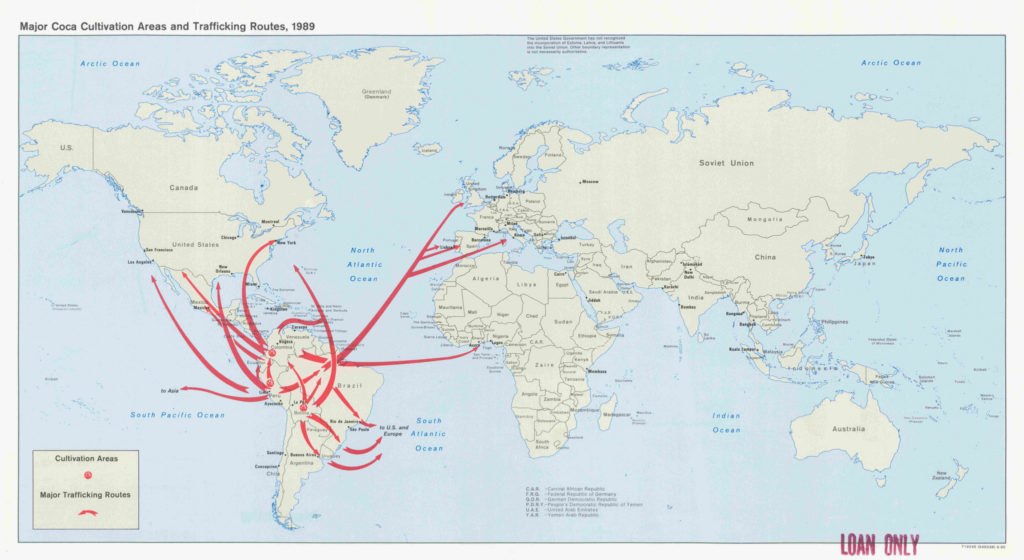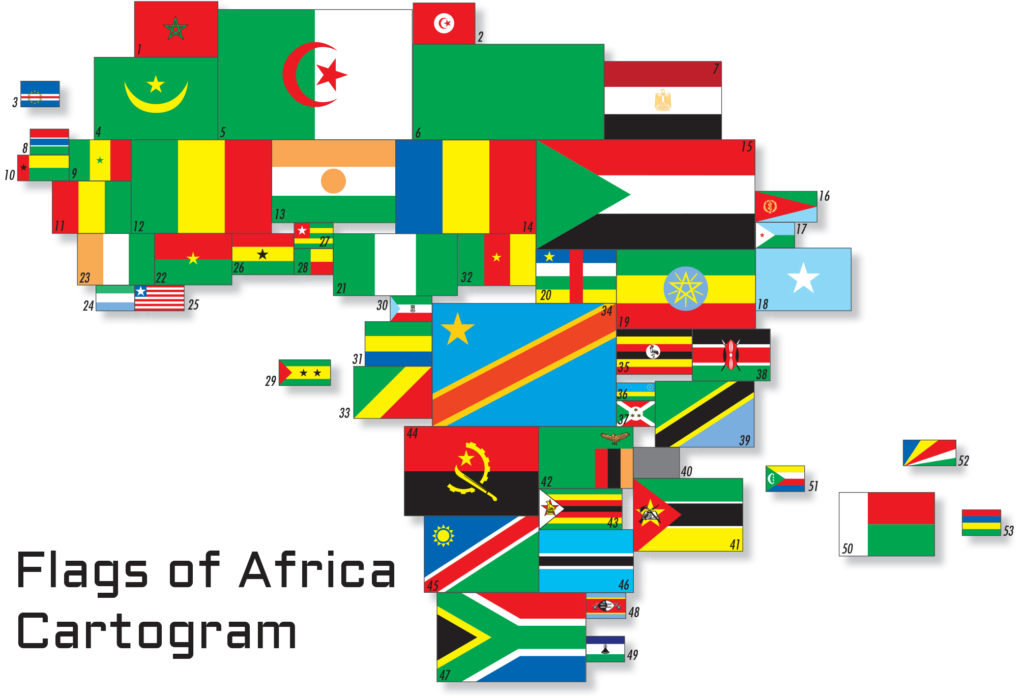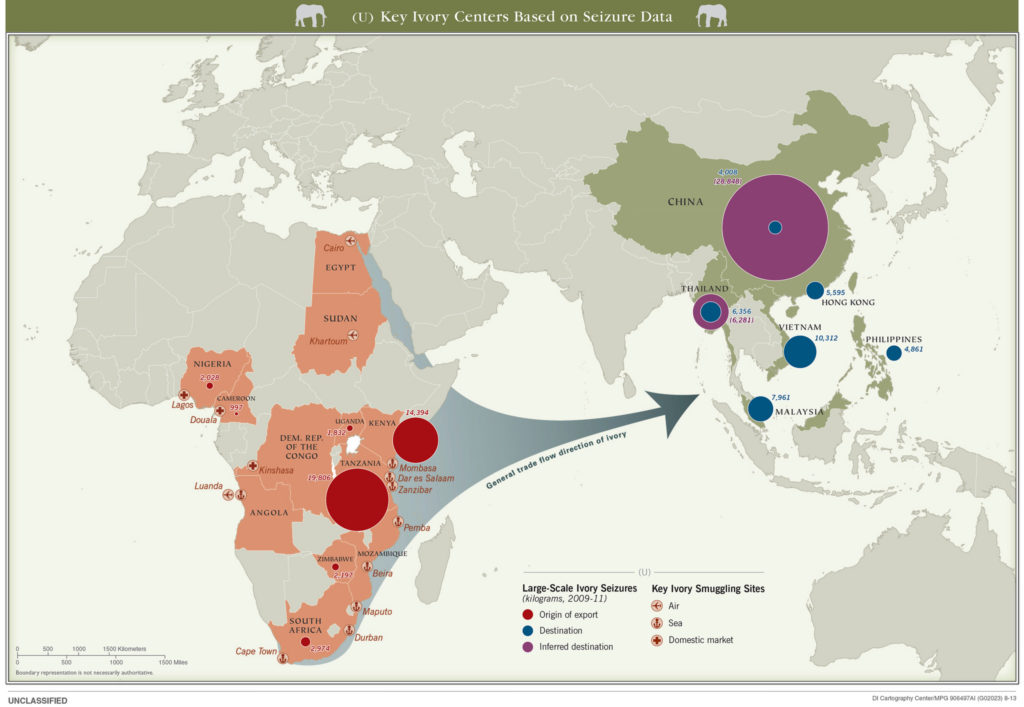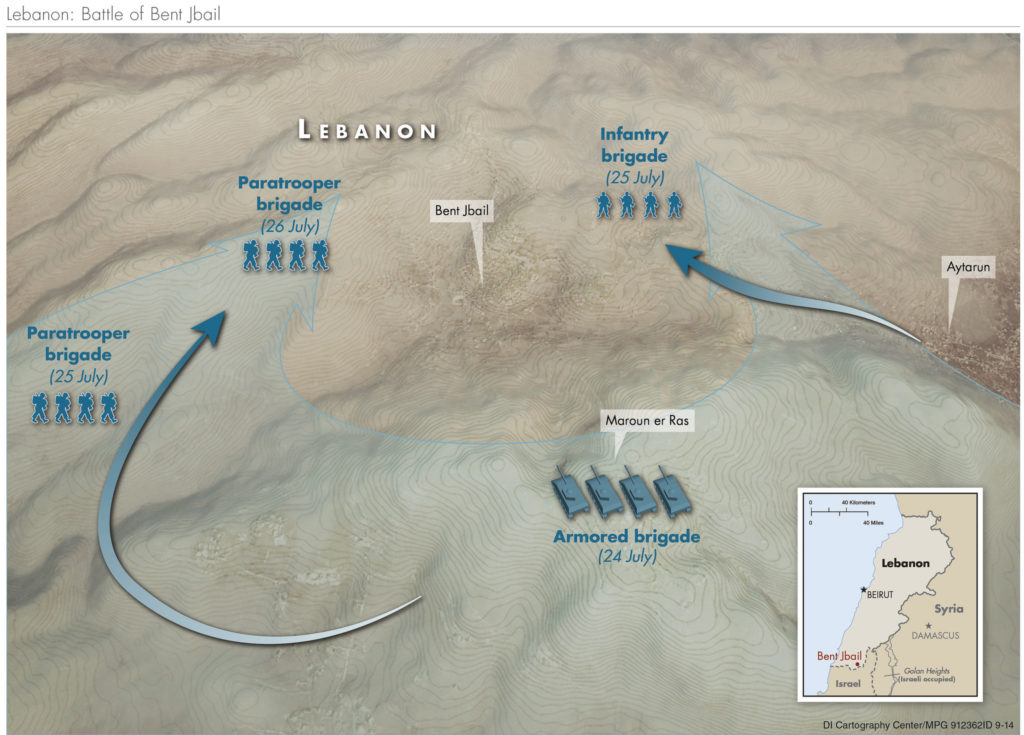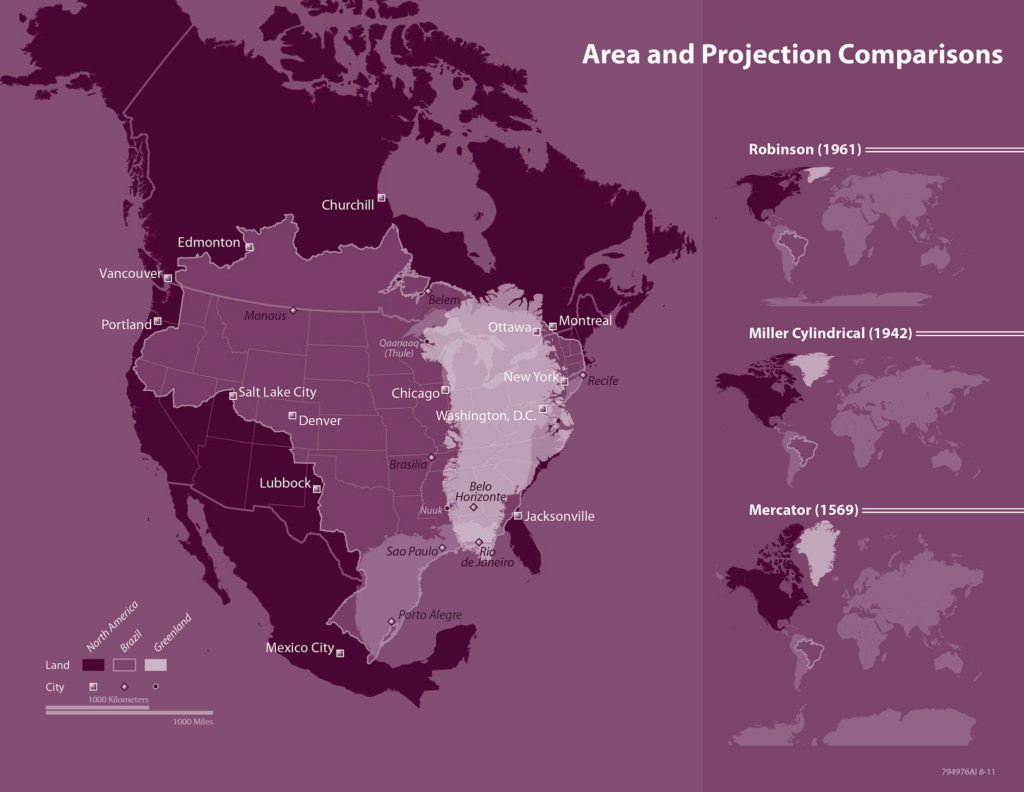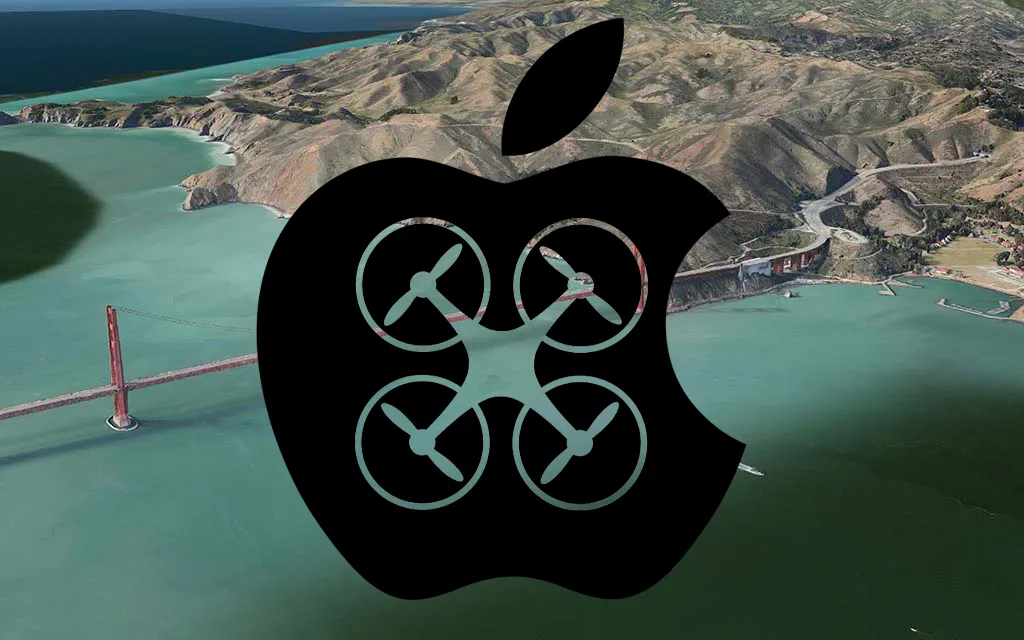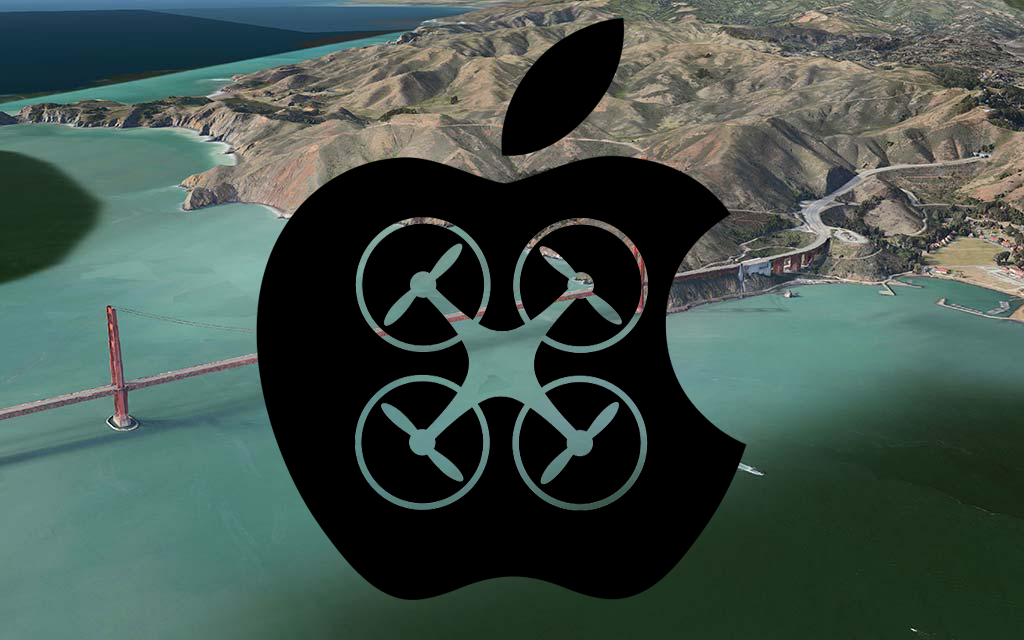“An intelligence agency is a government agency responsible for the collection, analysis, and exploitation of information and intelligence in support of law enforcement, national security, military, and foreign policy objectives” we can read on Wikipedia. Looking at this definition it’s clear that there is no intelligence agency without maps.
CIA realized that quite early and launched its Cartography Center back in October 1941. Since the beginning the mission of the unit was to provide a full range of maps, geographic analysis, and research in support of the Agency, the White House, and policy makers.
Over the years The Cartography Center produced thousands of maps. As you might imagine almost all of them were classified. Recently in honor of the unit’s 75th anniversary, the agency has released an amazing collection of declassified maps. These collection of 130 maps and over 200 images of old cartographic tools possibly played an important role in many significant events in the world’s history.
The collection is divided into different decades from the history of the unit. It starts with 1940s where we can see for example a map of occupation zones of the Korean Peninsula.
Another decade is 1950s where we can see an amazing map showing the exploration and claims of Antarctica.
As well as a map showing the production and international vegetable trade around the world. 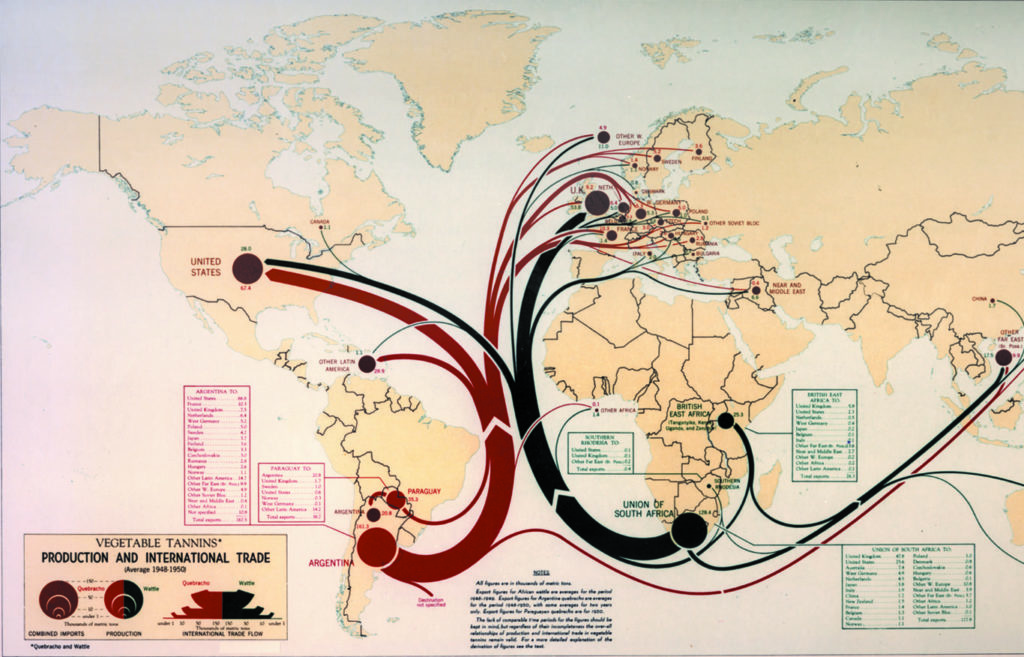 In 1960s we can see a striking map of Burma climate that must have been used in the planning of the military operations.
In 1960s we can see a striking map of Burma climate that must have been used in the planning of the military operations.
1970s collection features a stunning hand rendered terrain map of the world.
In 1980s one of the most interesting map shows the oil & gas resources in Indonesia.
In 1990s we can see a map of coca cultivation and trafficking. Looks like the job of Pablo Escobar.
The new millennium comes with more freedom in choosing the cartographic visualization. The 2001 Afganistan’s Konar Valley has been analyzed in 3D before the military operation after 9/11. 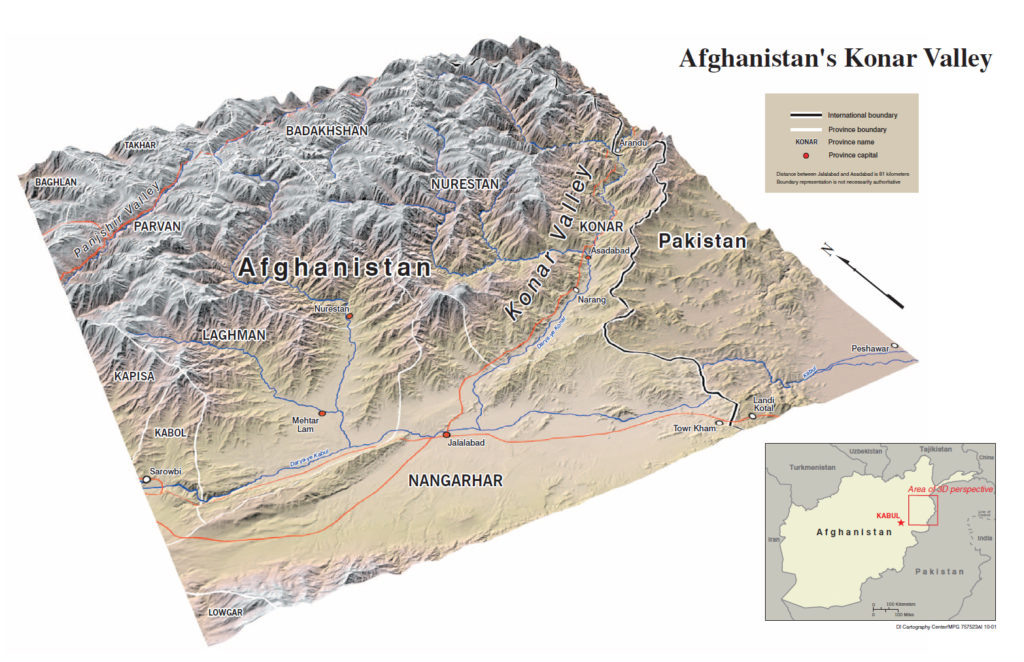
Another example is a cartogram showing flags of Africa
The most recent examples from the current decade include 2013 ivory trafficking map.
2014 Lebanon Battle in 3D
as well as an interesting map showing the comparison of area in different map projects.
The overall collection is amazing!


